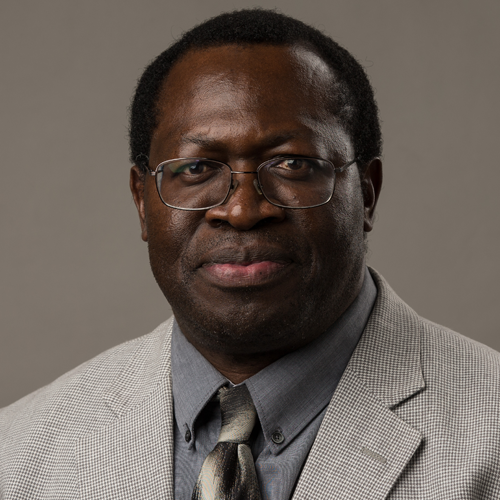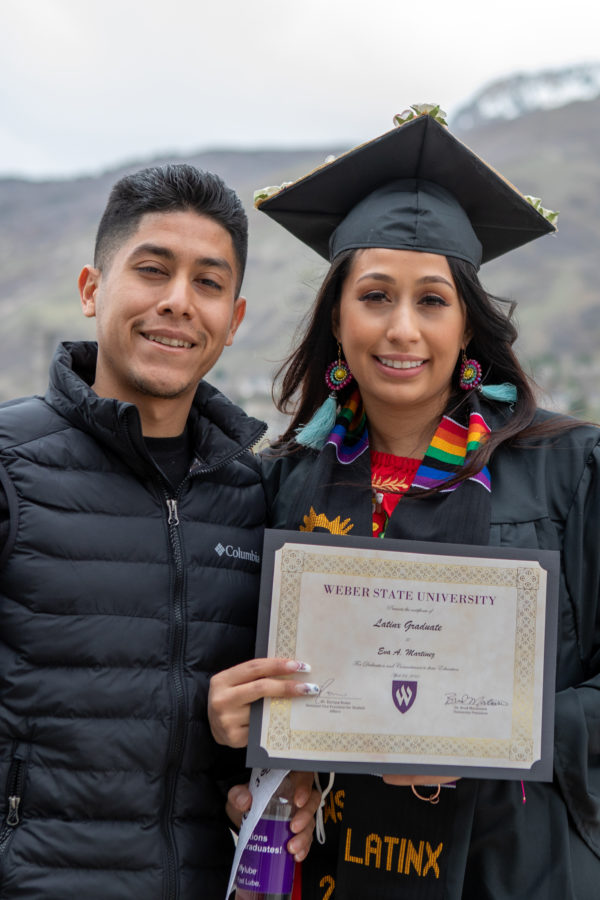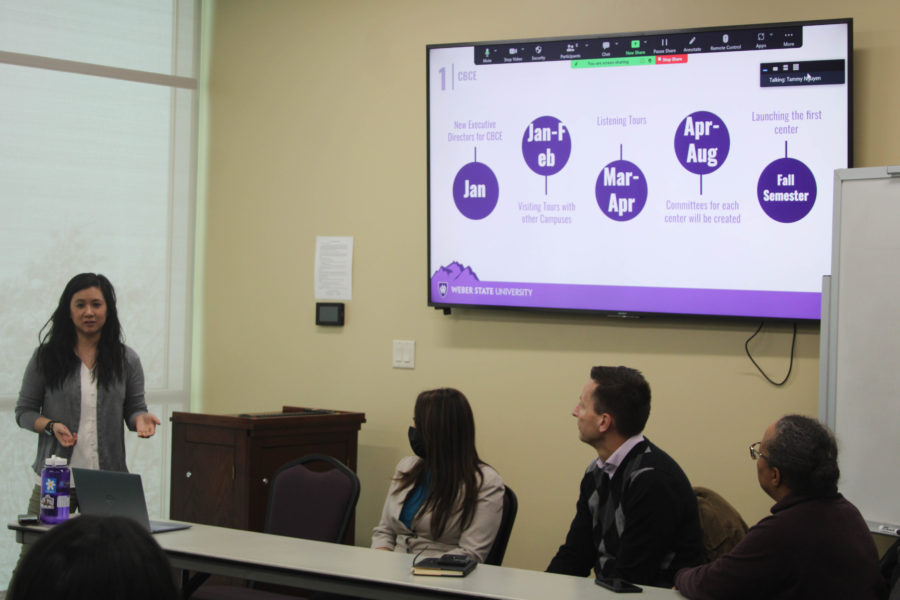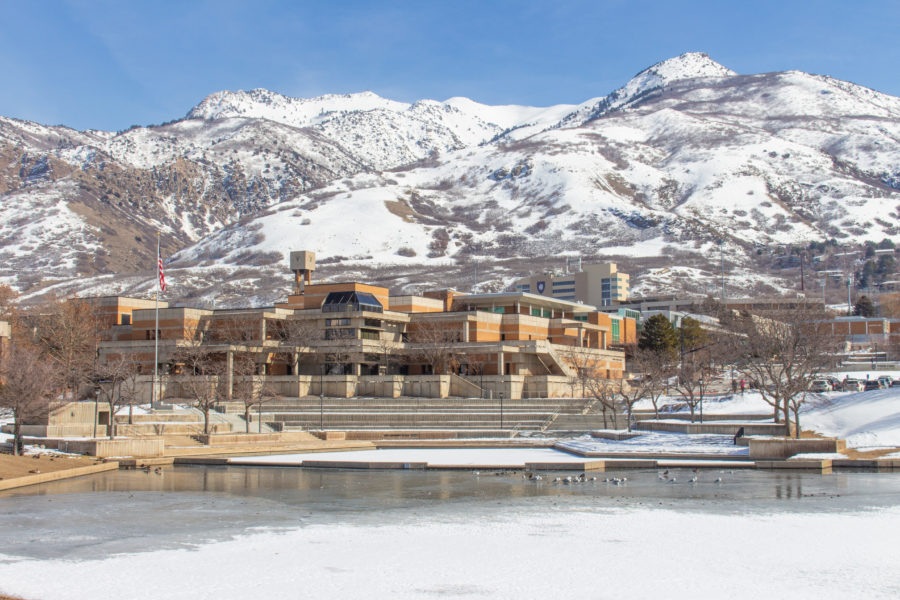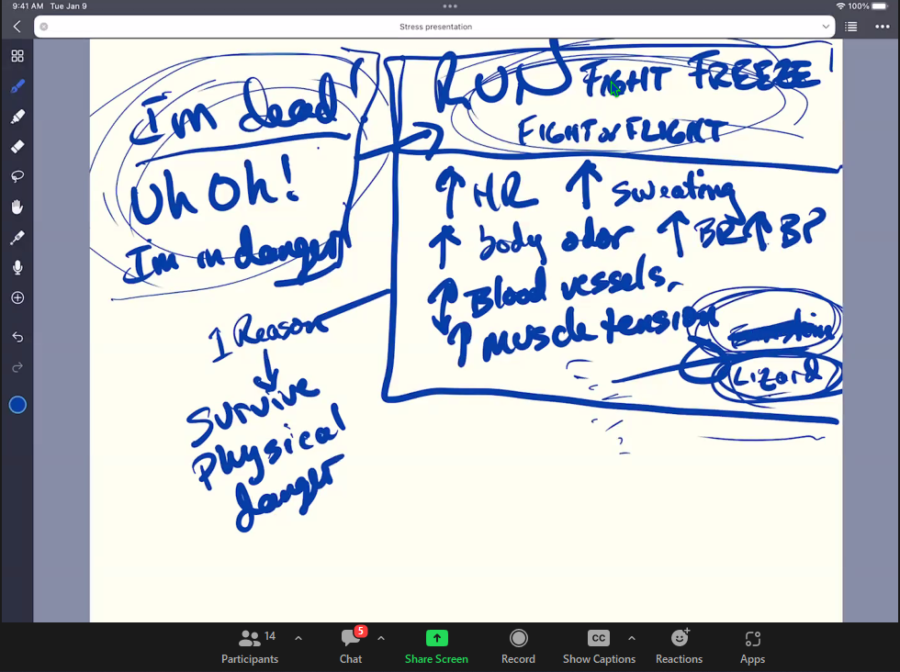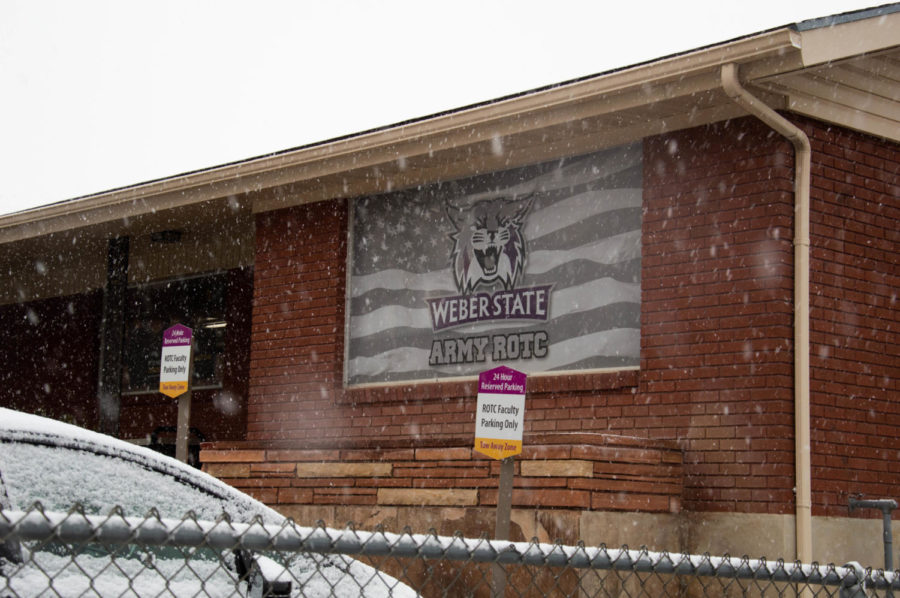
Weber State University students and professors had the opportunity to travel to Rwanda this past summer to take part in a peace-building conference.
The students spent five weeks studying abroad. The first two weeks were spent touring Rwanda and learning about the history, especially the Rwanda genocide.
There are three main tribes in Rwanda: the Tutsi, the Hutu and the Twa.
The Hutu make up the majority of the population, the Tutsi are 14 percent and the Twa are only 1 percent.
The Rwanda genocide started in mid-April of 1994, when a plane carrying a Hutu diplomat was shot down. Soon, war on the Tutsi was launched and it was the goal of the Hutus to execute every Tutsi in Rwanda.

One memorial that WSU students visited was a tech school that had been used as a refuge for the Tutsis. Five days after the Tutsis fled to the school, water and food supplies were stopped and no one could come or go. The Hutus attacked and thousands of Tutsis were killed.
After the genocide was over, they turned the school into a memorial. Because of the heat, the bodies in the mass grave were mummified and preserved.
Curators used lime to further preserve the bodies and students were able to see some of the real victims from the genocide.
“That was really tough,” Zach Venstra, a WSU student who traveled to Rwanda said. “That was probably the one that got me the most, because I’m a college student and that was supposed to be a place of learning and expanding your knowledge and peace and safety, but all these people were killed there.”
The Rwanda genocide ended in July 1994 when protesters spoke out.
“If weak protests produced this result,” The United Human Rights Council website states, “Imagine what might have been the result if the entire world had spoken out.”
Rwanda’s new goal was to never again have such violence and killing in their country. They reorganized their government and now have a democracy.

The final weeks of the students’ trip were spent participating in the peace-building conference.
The conference took place in a classroom setting where students from Weber State, other universities in the United States and students from Rwanda came together to discuss and learn about different world issues.
Some issues that were explored were reconciliation, transition of justice, sustainable peace and more about how Rwanda grew from the ashes of the genocide.
Amnesty International, a human rights activist club on campus, sponsored the trip to Rwanda.
Amnesty International’s website states, “Amnesty’s global mission is rooted in a fundamental commitment to the rights, dignity and well-being of every person on Earth.”
Venstra said a couple of things he learned while he was over there were to not take for granted the amazing opportunities and conditions we enjoy here.
Simple necessities, like running water, food and clothing are few and far between in Rwanda and not many people get the chance to get an education.
The second thing he mentioned was how much he learned about respecting everyone.
“It makes you want to be more conscious about helping those around you and not over-looking anybody,” Venstra said. “It’s good to remember your fellow human beings.”
Another major thing Venstra learned about was differences. The whole genocide started based on the fact that the Hutus and the Tutsis were different.
Venstra stressed that it was important not to focus on differences so much that they become conflicts, but allow differences to uplift and diversify the system.
When asked what his advice would be to others who wanted to study abroad, Venstra quickly replied, “Do it! Just do it. Don’t think about it. It will change your life in the best way possible.”



